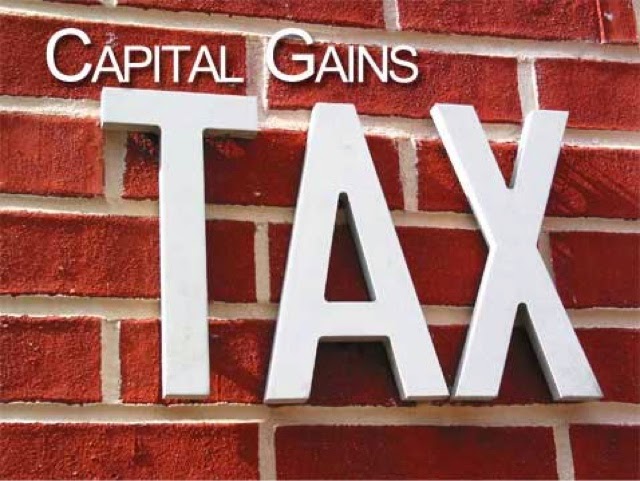Property in India is considered as the safest investment option after gold. The Property like gold and other valuables can be inherited or can be purchased. Property like gold is purchased with an intention that it will serve as a saviour during the lean phase of one’s life.
Income tax provisions for the sale of an inherited property and the accrued capital gains are different from a property that is obtained through other means, such as an outright purchase. There is considerable confusion over the taxes applicable on the sale of an inherited property. While many think that the money received on sale of an inherited house is fully tax exempt, others feel that it is fully taxable. In reality, there is no tax liability at the incidence of inheritance. However, any profits made on the sale of an inherited house, are taxable as capital gains.
Computation of capital gains
A capital gain may either be short term, or long term, depending on the period for which the asset was held. If the inherited house is held for more than 36 months, it is treated as a long-term asset. This period of 36 months includes not only the period for which you held the house, but also the period for which it was held by the previous owner/s who had paid for it.
For a holding period of less than 36 months, the actual cost of acquisition and any cost of improvement are deducted and the balance amount is treated as short-term gains and taxed at the slab rate applicable to you. If the combined holding period exceeds 36 months, you get the right to deduct the cost of acquisition and the cost of improvement as enhanced by the cost inflation index multiplier. The cost inflation multiplier is calculated, based on the cost inflation index of the year of purchase and the year of sale.
The cost of acquisition will be the amount paid by any of the previous owners, towards the purchase of the house. For example, consider a scenario, where you inherited a house from your father and he had inherited it from his father. If your grandfather had purchased the house for Rs 50,000, your cost of acquisition for capital gains purposes shall be Rs 50,000. Moreover, in case the house was inherited before 1st April 1981, you may substitute the fair market value of the property as on 1st April 1981 for the ‘cost of acquisition’ and apply the cost inflation index multiplier on that value.
In case the asset is inherited by you after 1st April 1981, you will have to consider Rs 50,000 as the cost of acquisition. As per strict reading of the income tax provisions, you can claim the benefit of indexation with reference to the year in which you inherited the property only and not earlier. However, high courts in Mumbai, Delhi and Gujarat have taken the view that for inherited property, in case the asset is acquired after 1st April 1981, the tax payer can claim indexation benefits from the year in which the previous owner who had paid for it had acquired it.
In any case, even if the asset was purchased before 1st April 1981, you can substitute the market value as on 1st April 1981 for the ‘cost of acquisition and get the indexation benefits from 1st April 1981, even if you may have inherited it later on.
Exemption from long-term capital gains
For a long-term asset, you have two options to save taxes. You can either invest the capital gains on the purchase of one house within two years or construct one house within three years. Alternatively and/or additionally, you can invest the capital gains of up to Rs 50 lakhs in bonds of NHAI or REC, within six months of its accrual.




